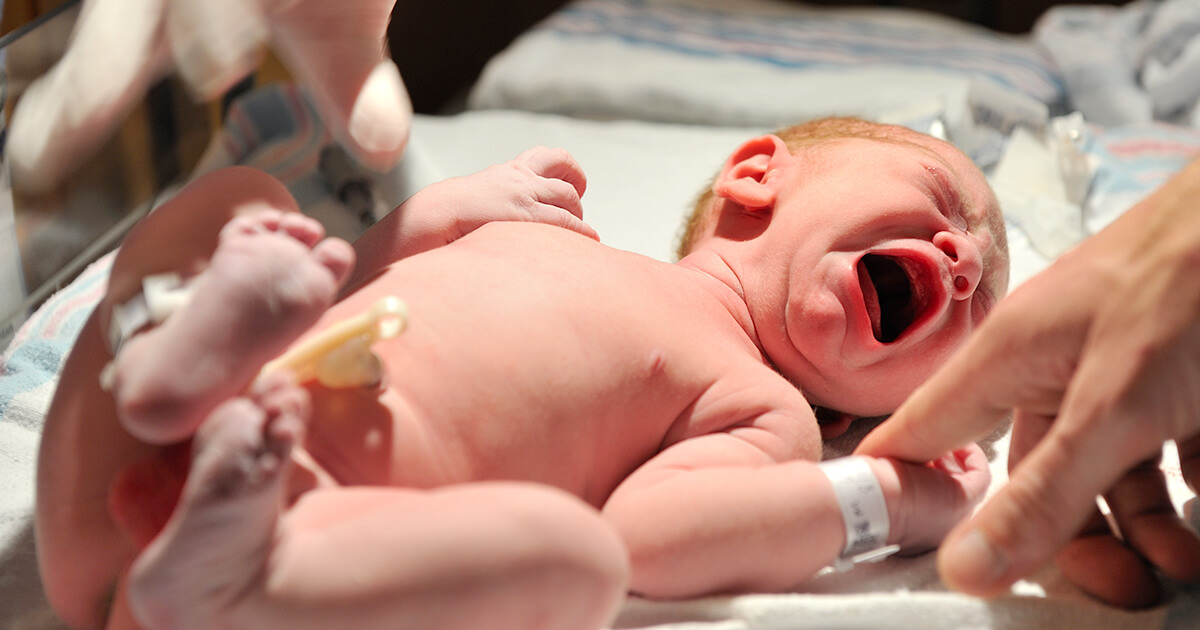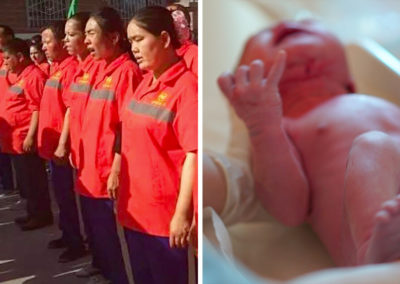‘After-birth abortion’ or infanticide for babies with a disability is supported by more than 9 in 10 Belgian physicians surveyed, a shocking new research paper into abortion attitudes has revealed.
A poll of healthcare professionals in Flanders, Belgium found 93.6% of physicians surveyed “agree that in the event of a serious (non-lethal) neonatal condition, administering drugs with the explicit intention to end neonatal life is acceptable.”
While the term ‘serious (non-lethal) neonatal condition’ is not defined in the paper, similarly unrestrictive wording in the UK Abortion Act has in practice allowed for abortion right up to birth for babies prenatally diagnosed with a disability – including Down’s syndrome, cleft lip and club foot.
Medical ‘ethicists’ call for after-birth abortion
In 2012, two medical ‘ethicists’ controversially claimed that doctors should be allowed to end the lives of disabled, and even unwanted, newborn babies because they are not “actual persons”.
In an article, published by the British Medical Journal, Francesca Minerva and Alberto Guibilini argue that parents should be given the choice to end the lives of their newborn babies shortly after they are born because they are “morally irrelevant” and have “no moral right to life.”
In addition, the ‘ethicists’ argued that infanticide – the purposeful causing of a baby’s death – is no different to abortion since both a foetus and a newborn baby are only “potential persons”.
They suggest infanticide, which they term as “after-birth abortion”, should even be permissible where a baby is perfectly healthy if the birth is unwanted, inconvenient or too expensive for the parents.
The authors state: “Both a foetus and a newborn certainly are human beings and potential persons, but neither is a person in the sense of subject of a moral right to life.”
They add: “What we call ‘after-birth abortion’ should be permissible in all the cases where abortion is, including cases where the newborn is not disabled”.
The response to the article was widespread outrage and even death threats aimed at the articles two authors. However, what was widely condemned, at the time, now appears to have widespread support among healthcare professionals surveyed in Belgium.
‘Profoundly disturbing’
A spokesperson for Right To Life UK, Catherine Robinson said: “Less than ten years ago, there was a strong condemnation of the idea of ending a baby’s life after it had been born, regardless of whether or not it had a disability, when this idea was floated by academics in the British Medical Journal.
“Tragically, the thought of intentionally ending the life of an unborn baby and newborn baby
now appears to have gone from an outlandish academic thought experiment to be seen as something that is morally acceptable by these healthcare professionals in Belgium.
“It is profoundly disturbing that these healthcare professionals, who should be upholding the right to life and giving every baby the best possible chance at life, are hugely in favour of ‘after-birth abortions’ and infanticide of babies with a disability.”












